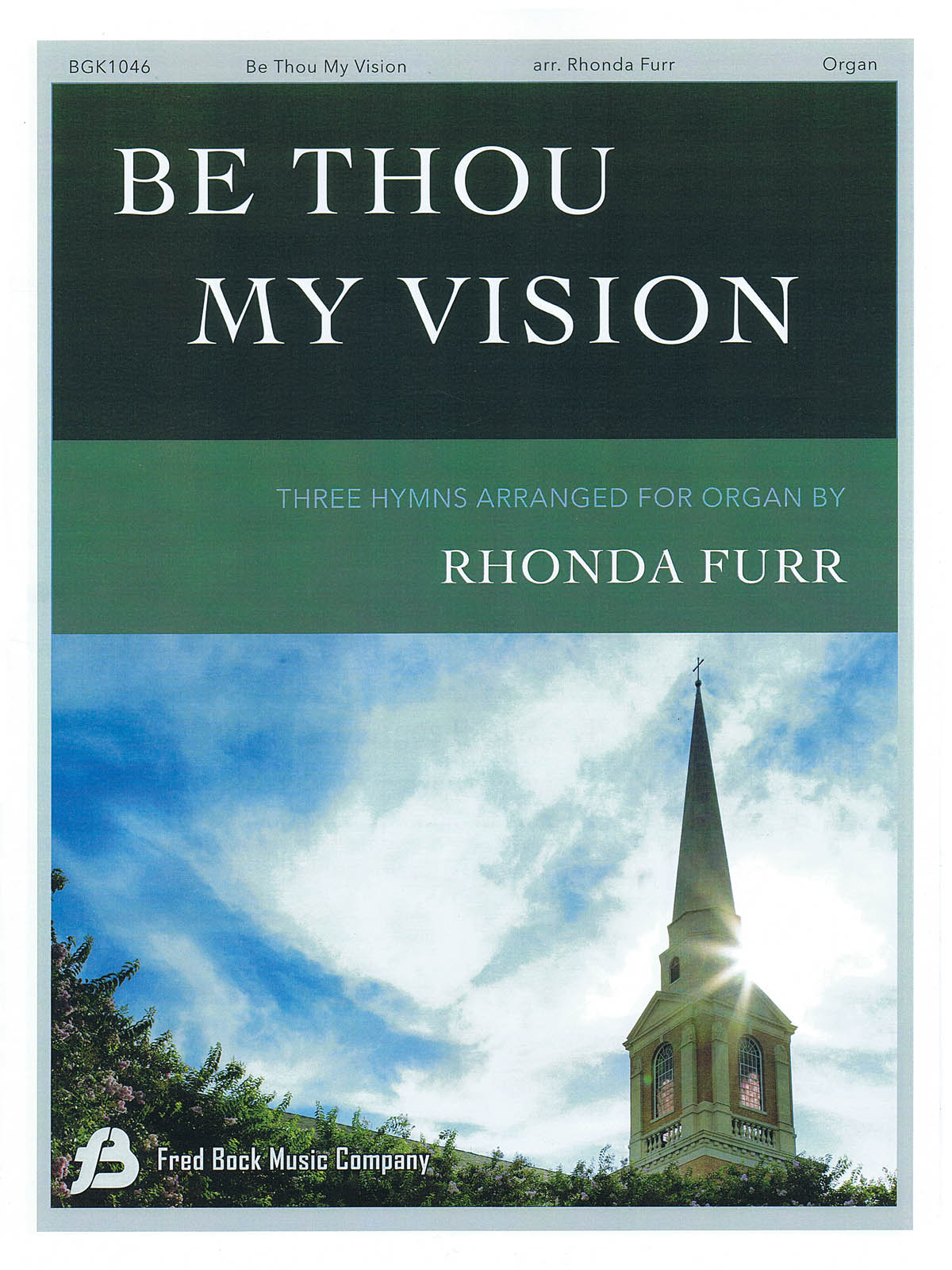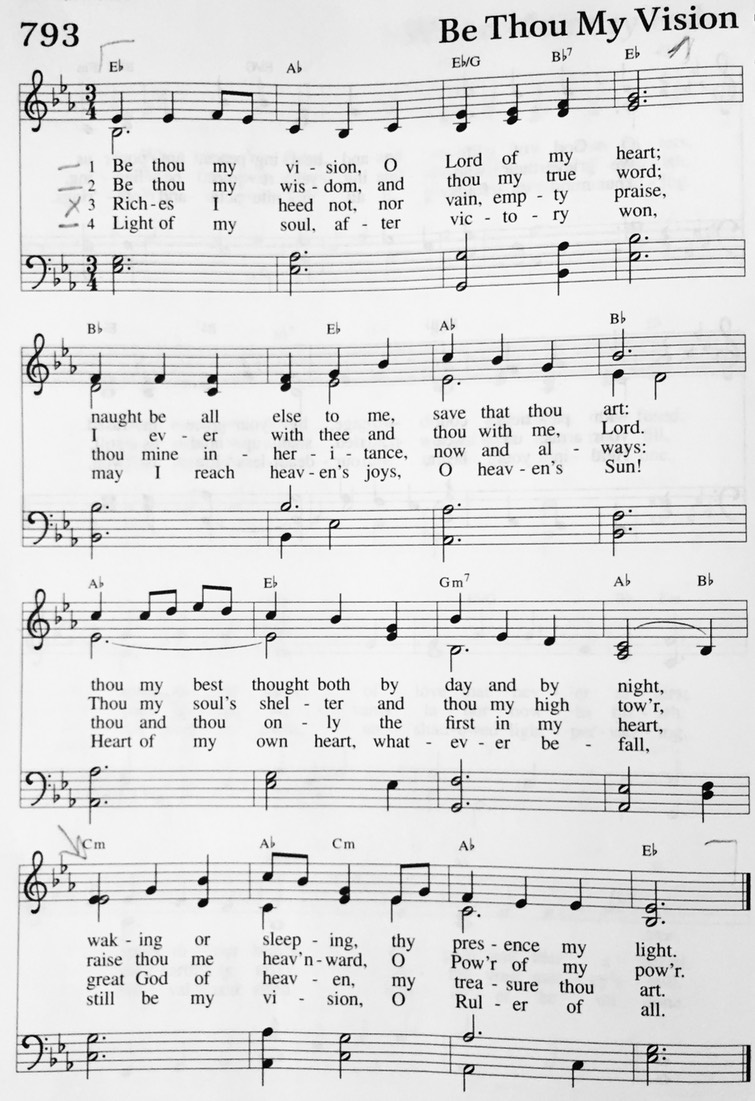

May I reach Heaven’s joys, O bright Heaven’s Sun! High King of Heaven, my Treasure Thou art. Riches I heed not, nor man’s empty praise, Raise Thou me heavenward, O Power of my power. Thou my soul’s Shelter, Thou my high Tower: Thou in me dwelling, and I with Thee one.īe Thou my battle Shield, Sword for the fight Waking or sleeping, Thy presence my light.īe Thou my Wisdom, and Thou my true Word Thou my best Thought, by day or by night, Naught be all else to me, save that Thou art. However, when she did so, Hull failed to retain the repetition of “be.” In her defense, she does begin each of the first three stanzas with it and includes one other occurrence in stanza three and one at the end, but her rendering doesn’t retain the level of poetic parallelism of either the original or Byrne’s translation: Mayst thou raise me up to the company of the angels.Įleanor Hull versified Byre’s translation in 1912 so that it could be easily sung.

May it be thou that I behold even in my sleep.īe thou my speech, be thou my understanding.īe thou my battle-shield, be thou my sword.īe thou my shelter, be thou my stronghold. None other is aught but the King of the seven heavens. When Mary Byrne translated fairly literally the Old Irish into English in 1905, she retained this poetic parallelism. The Old Irish word “rop” is the word for “be,” and the repetition of this direct address to God asking that he be to us various things (Lord, all, best thought, light, wisdom, word, etc.) poetically emphasizes our need of him and what he is for us.

Rop tú mo chathscíath, rop tú mo chlaideb Notice the repetition of “Rop” in the original verses below: The beloved poem was originally written in Old Irish in the 8th century. The old Irish hymn “Be Thou My Vision” is a favorite of many, but the way most Americans sing it weakens the poetic parallelism of the original.


 0 kommentar(er)
0 kommentar(er)
